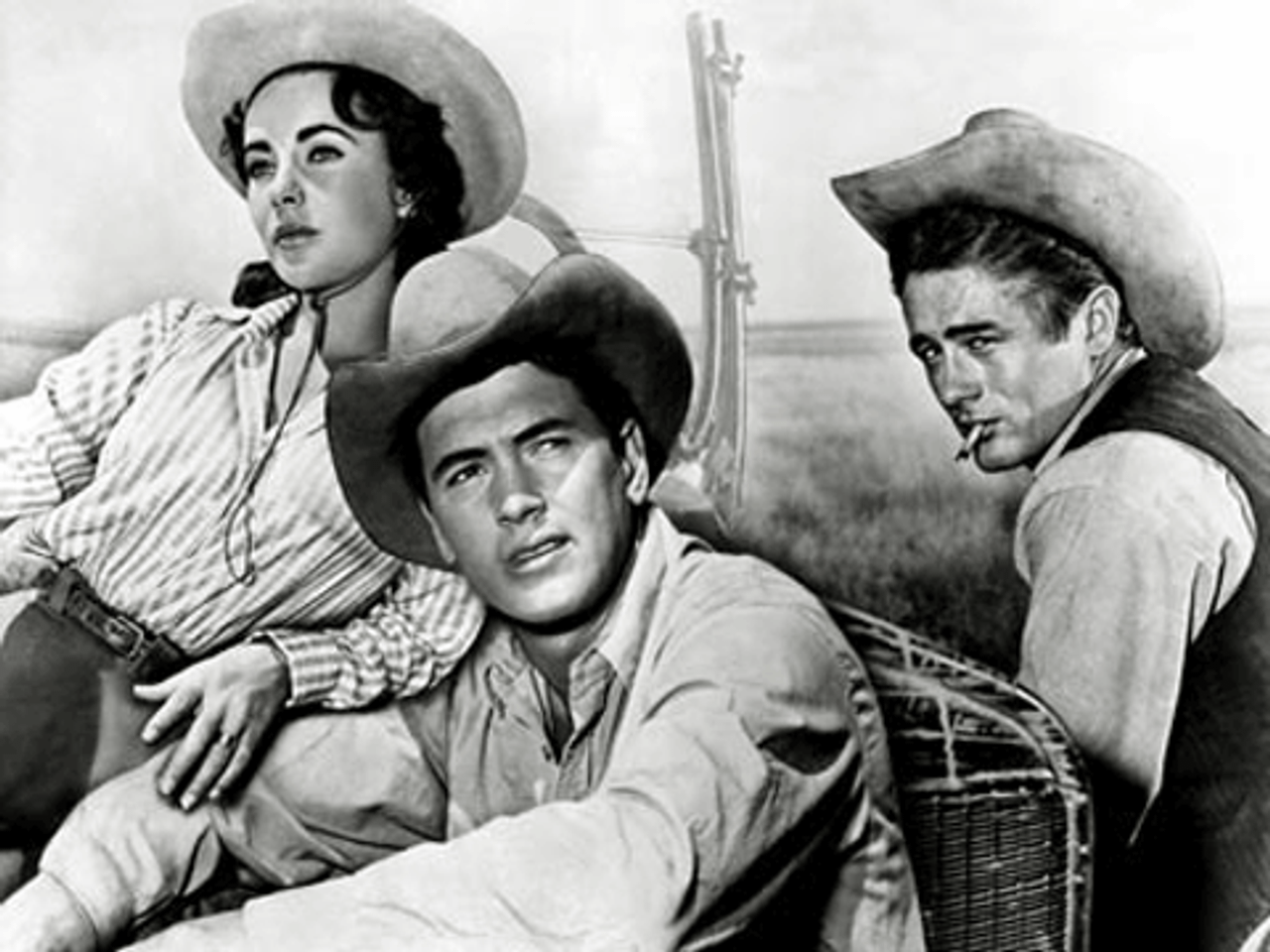A letter to the WSWS from film historian Joseph McBride, author of numerous books (including studies of Frank Capra, John Ford and a newly published, second edition of Steven Spielberg: A Biography [University of Mississippi Press] and associate professor in the Cinema Department at San Francisco State University.
David Walsh wrote a thoughtful piece on Elizabeth Taylor that makes me want to revisit films I haven’t seen for a while and to take her American Film Institute Life Achievement Award show tape off my shelf and finally watch it.
I would only add to Mr. Walsh’s fine comments that I consider George Stevens’s Giant [1956] one of the finest American films. I saw it again recently and admire it all the more as time goes on. As the article notes, it is quite unflattering about the Texas oil barons. In fact, against considerable studio pressure, Stevens even kept in the film’s attack against the oil-depletion allowance, a method of economic thievery that was considered politically sacrosanct (President John F. Kennedy tried to end it before his death in 1963, but it would take until the 1970s for it to be removed). Stevens was warned by [studio head] Jack Warner personally that if he kept in that particular attack (which Warner begged him to cut), the film wouldn’t play in Texas, but it did, and successfully.
 Giant
GiantThe major theme of Giant about the maltreatment of Mexican Americans is not only powerful but prescient in the light of the demographic developments since then. Stevens actually ends the film with the camera moving in to extreme closeups of the eyes of Taylor and Rock Hudson’s Anglo and Latino grandsons staring at them quizzically as the iconic song “The Eyes of Texas” plays on the soundtrack.
Elizabeth Taylor, as the film’s voice for change and the future, plays perhaps the most fully human of all her roles as Leslie Benedict in Giant. She often seemed bound onscreen by her stardom and glamour, but yet in Giant seemed like a regular, fully complex human being, and embodying such a character was one of her finest achievements. I never met her but admired her social conscience, and in this film, perhaps, we feel we meet her as she was.
Joseph McBride
Berkeley, California
